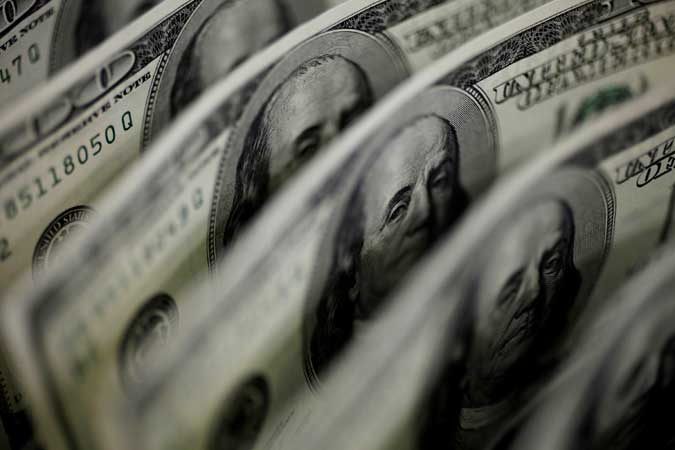FDI net inflows slide to lowest in over a year

NET INFLOWS of foreign direct investments (FDIs) dropped in May to its lowest level in over a year, as the emergence of new coronavirus disease 2019 (COVID-19) variants weighed on investor sentiment.
Data released by the Bangko Sentral ng Pilipinas (BSP) showed FDI inflows fell by 25.4% to $429 million in May from $575 million net inflows during the same month in 2020. It was also 36.8% lower than the $679-million FDI net inflows in April.
The May figure is also the lowest since the $317 million inflows in April 2020 and nearly matched the $430 million logged in October.
“The FDI decline in May 2021 reflected renewed investor concerns on the rising cases of the new variants of COVID-19 globally,” the central bank said.
Many countries, including the Philippines, have seen new COVID-19 surges driven by more transmissible variants, particularly Delta.
Colegio de San Juan de Letran Graduate School Dean Emmanual J. Lopez said lower FDIs in May reflect a growing concern among investors over “what looks like a failure of authorities” to control the surge in coronavirus cases in the country.
“But we are expecting a slow recovery in FDI, as the country exits from recession, where investment climate becomes conducive,” he said.
BSP data showed non-residents’ net investment in debt instruments, consisting mainly of inter-company borrowings between foreign direct investors and their subsidiaries in the country, shrank by 23.4% to $269 million in May.
At the same time, non-residents’ net investments in equity capital slumped by 53.4% to $60 million in May. This was mainly due to the 70% increase in equity capital withdrawals to $21 million, alongside a 42.6% decline in equity capital placements to $82 million in May.
Equity capital placements were coming mainly from Japan, the United States and Malaysia, and were channeled into manufacturing, real estate, and financial and insurance industries.
Reinvestment of earnings went up 6% to $99 million in May.
YEAR-TO-DATE RISE
Despite the decline in May, FDI net inflows rose 37.8% to $3.48 billion in the first five months of 2021.
ING Bank N.V. Manila Senior Economist Nicholas Antonio T. Mapa noted that the year-to-date increase in FDI inflows were mainly backed by the debt instrument components rather than reinvestment of earnings.
BSP data showed non-residents’ net investments in debt instruments surged by 76.2% to $2.2 billion in the January to May period.
“This development shows that although some investors have decided to pour in some money into the Philippines, these types of investment are less permanent and can be withdrawn more easily as compared to fresh equity,” Mr. Mapa said in an e-mail, noting such trend shows investors overall outlook for the economy is still reflective of the crisis.
Reinvestment of earnings rose 3% to $407 million in the first five months, while net investments in equity capital dipped by 0.3% to $1.28 billion.
Equity capital dropped 0.9% to $879 million in January to May. This, as equity capital placements dropped by 5.4% to $1.018 billion, while equity capital withdrawals slid by 26.7% to $139 million.
The central bank expects FDI net inflows to reach $7.5 billion this year. — L.W.T.Noble



